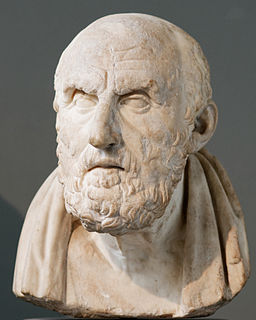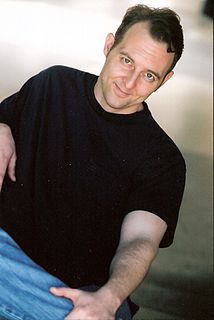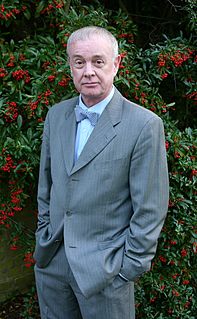A Quote by Ralph Waldo Emerson
Related Quotes
Fate is a misplaced retreat. Many people rationalize an unexplained event as fate and shrug their shoulders when it occurs. But that is not what fate is. The world operates as a series of circles that are invisible, for they extend to the upper air. Fate is where these circles cut to earth. Since we cannot see them, do not know their content, and have no sense of their width, it is impossible to predict when these cuts will slice into our reality. When this happens, we call it fate. Fate is not a chance event but one that is inevitable, we are simply blind to its nature and time.
If you are blessed with great fortunes. . . you may love your fate. But your fate never guarantees the security of those great fortunes. As soon as you realize your helplessness at the mercy of your fate, you are again in despair. Thus the hatred of fate can be generated not only by misfortunes, but also by great fortunes. Your hatred of fate is at the same time your hatred of your self. You hate your self for being so helpless under the crushing power of fate.
The Greek idea of fate is moira, which means "portion." Fate rules a portion of your life. But there is more to life than just fate. There is also genetics, environment, economics, and so on. So it's not all written in the book before you get here, such that you don't have to do anything. That's fatalism.







































